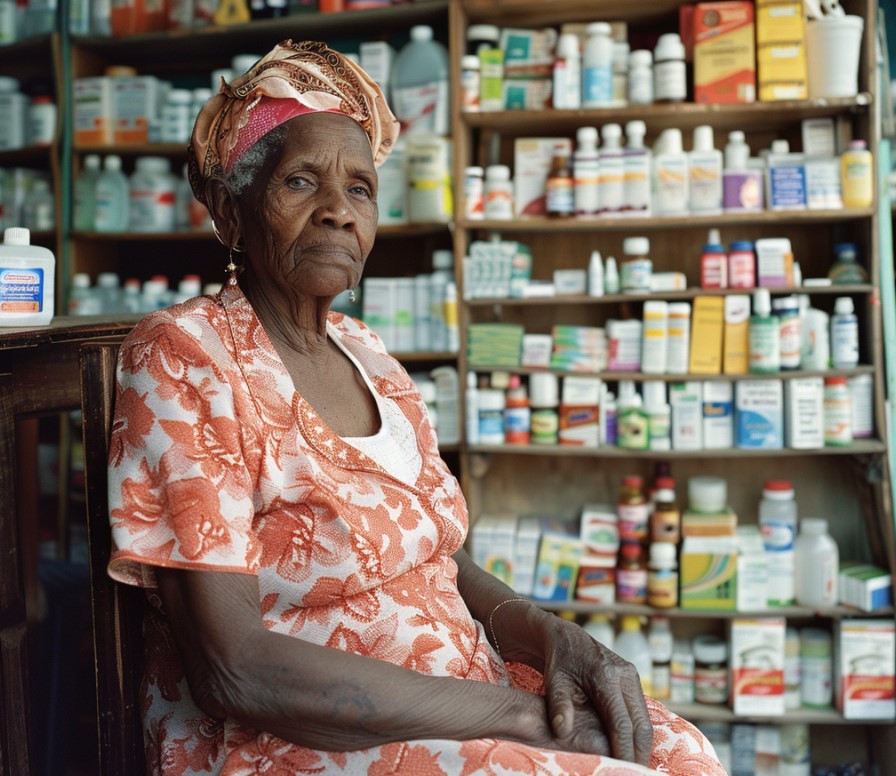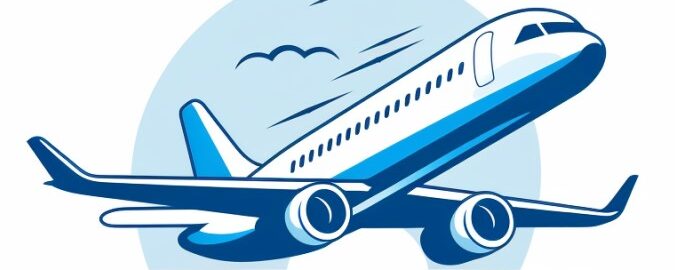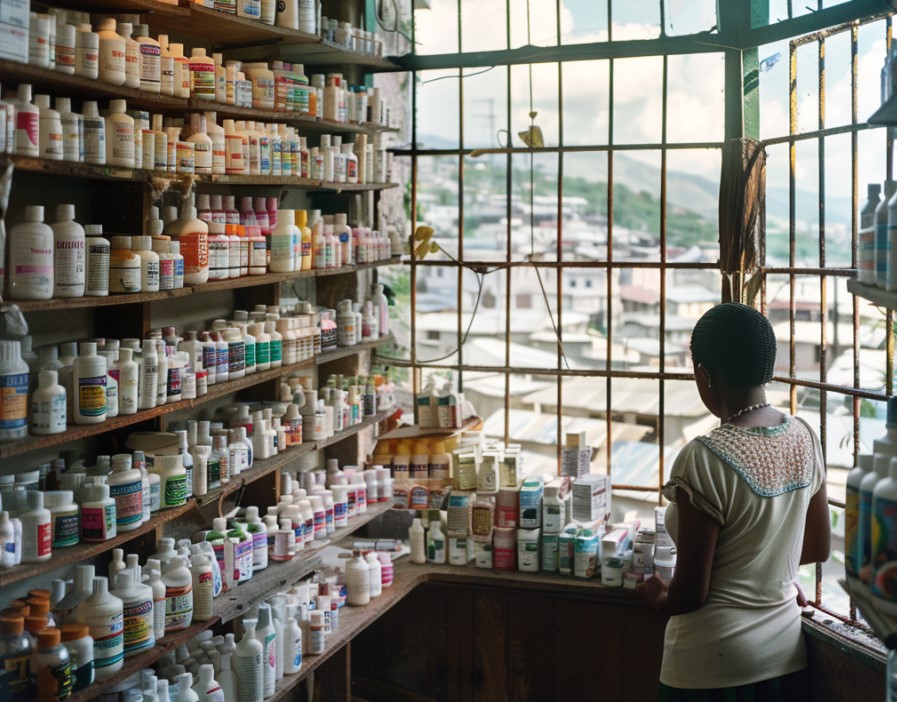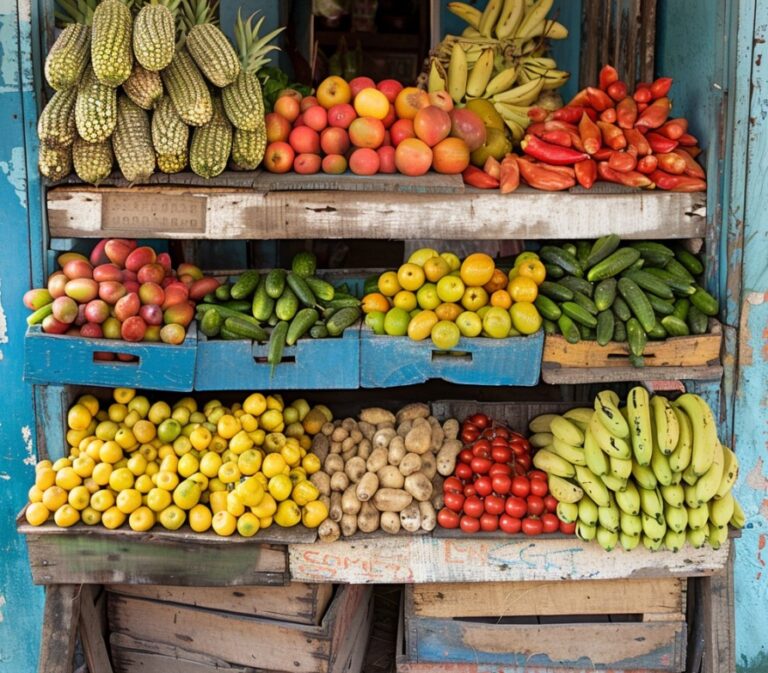Medications not allowed in Haiti
Haiti is a beautiful Caribbean nation rich in culture and history, yet maintaining awareness of its unique medical laws is crucial for visitors seeking proper healthcare or traveling with prescription medications. This brief guide highlights essential restrictions regarding medications not permitted within Haitian borders.
List of Medications Not Allowed in Haiti
The Haitian government regulates the import and usage of certain medications. Before traveling to Haiti, confirm that your medications comply with the following restrictions:
- Opioids: Morphine, oxycodone, fentanyl, codeine, etc., are banned unless authorized by MSPP.
- Benzodiazepines: Diazepam, alprazolam, lorazepam, etc., are tightly regulated due to high abuse potential.
- Stimulants: Caffeine-containing preparations, ephedrine, pseudoephedrine, methamphetamine, amphetamines, etc., are prohibited.
- Sedatives: Barbiturates, zolpidem, zaleplon, eszopiclone, etc., are restricted.
- Antipsychotics: Haloperidol, chlorpromazine, risperidone, olanzapine, quetiapine, etc., require special permission.
- Anxiolytics: Alprazolam, diazepam, clonazepam, lorazepam, etc., necessitate approval from MSPP.
- Sleeping pills: Zolpidem, zaleplon, eszopiclone, temazepam, etc., need authorization.
- Pain relievers: Codeine, tramadol, hydrocodone, oxycodone, etc., require strict regulation.
- Anti-depressants: SSRIs, SNRIs, TCAs, MAOIs, etc., are closely monitored.
- Muscle relaxants: Baclofen, carisoprodol, cyclobenzaprine, tizanidine, etc., demand oversight.
It is strongly advised to carry all medications in their original packaging accompanied by a doctor’s prescription. Always check with the Haitian Ministry of Public Health to ensure the legality of each medication.
We also recommend reading USA to Haiti flight time
Overview of Haitian Drug Laws
Haiti follows strict drug policies regulated by the Ministry of Public Health and Population (MSPP). Visitors must adhere to these rules to avoid legal issues upon entering or exiting the country.

Restrictions on Controlled Substances
Prescription drugs containing controlled substances may require special permits or certificates from the MSPP before being brought into Haiti. These substances often include opioids, benzodiazepines, and stimulants commonly prescribed for conditions like chronic pain, anxiety disorders, and attention deficit hyperactivity disorder (ADHD).
Illicit Drugs
Illegal narcotics, such as marijuana, cocaine, heroin, methamphetamine, and ecstasy, are strictly prohibited in Haiti. Penalties for possession, trafficking, or using illicit drugs are severe and may result in long jail sentences or deportation.
Unauthorized Medical Devices
Medical devices without appropriate authorization from the Haitian authorities cannot legally enter the country. Examples include unapproved diagnostic equipment, prosthetic limbs, and implanted devices.
Exceptions and Special Cases
Travelers carrying prescription medications for personal use may obtain permission to bring them into Haiti under specific circumstances. However, obtaining approval requires advance planning and providing detailed documentation, such as a valid prescription, proof of identity, and a letter explaining the necessity of the medicine.
Popular pharmacies in Haiti
- Pharma Prix – Located in Laboule 11, Petion Ville, with a rating of 4.4
- Rood Community Pharma – Found in 3 Ruelle Alexandre, Les Gonaïves, with a rating of 5
- Chi-Pharma – Address GMP8+H3P, Avenue Jean-Paul II, Port-au-Prince, rated 4.3
- Obonsoins Pharmacie – At Rue Louverture, Petion-Ville, HT 6140, Rue Louverture, Haiti, with a rating of 4.2
- C&J PHARMA – Situated at 6, Rue Magny, near the Condition Feminine Ministère, Champs de Mars, Port-au-Prince, with a rating of 5
- Pharmacie 48 – On Route de Delmas, Port-au-Prince, with a rating of 3.7
- Pharmacie ORKID – With a rating of 3.8, located at GP76+2VR, Rue Louverture, Port-au-Prince
Conclusion
Visitors to Haiti who need to bring prescription medications should research the current status of their specific medications and plan accordingly. It is always best practice to contact the nearest embassy or consulate of Haiti prior to departure to verify the latest information and obtain any required documents. By understanding the limitations imposed by Haitian law, you will help protect yourself and others against potential harm caused by noncompliance.




